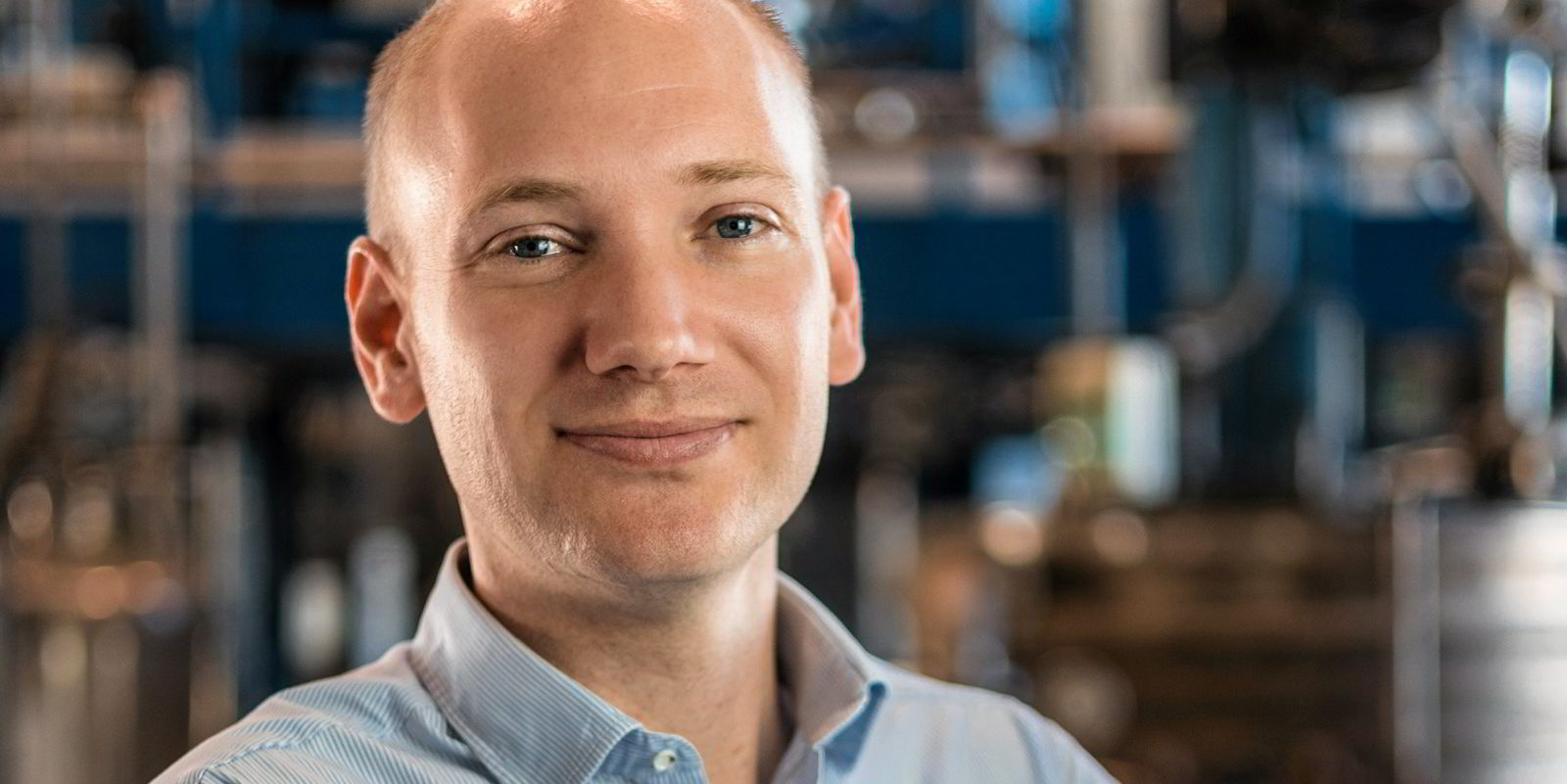Advanced marine biofuel developer Xfuel, which raised €8.2m ($8.8m) last year, is lining up plans for commercial production plants and offtake agreements for shipping fuels that can cut greenhouse gas emissions by up to 85%.
The Irish company, which is running a demonstration plant in Spain producing up to 1m litres of fuel from waste wood products a year, hopes to unveil significantly larger commercial-scale projects in Europe this Spring.
Feedstock for four projects has already been secured through a deal with a leading waste wood consolidator operating in the UK and Ireland for scaled-up production plants.
Xfuel said it uses mature technologies low-heat and pressure refinery methods that have been developed since the 1980s to create a drop in fuel produced from abundant and relatively cheap biomass.
It claims that synthetic biofuels can be produced at competitive prices to marine gas oil but they can also be used as a direct replacement for existing very low sulphur fuel oil in existing engines and fuel tanks.
Chief executive Nicholas Ball said its modular refining plants can be built quickly and using the fuel would help ship operators cut emissions at lower capital costs. Plant production is scalable and can be as small as 150 litres per hour rising to 2,400 litres and beyond.
“There is far more waste biomass than waste vegetable oil,” he said of drop-in biofuel production techniques using hydrotreated vegetable oil, known as HVO, for diesel that have been adopted by refiners like Finland’s Neste.
The company aims for the first scaled-up European plant to be in operation by mid-2024 and is working on other projects around the globe.
“Once we get to the first one or two commercial plants we will be able to do the following ones much quicker because we won’t need to re-engineer a new plant from scratch. We can just order multiples of the same thing [the modular reactors].”
Last July Xfuel secured €8.2m in an oversubscribed financing round of investment that included German climate technology fund AENU, New York venture capital firm Union Square Ventures and US start-up investors HAX/SOSV.
The company is also working on biochar production - a technique through which carbon from some biomasses can be transformed into stable carbon that is captured in the soil.





